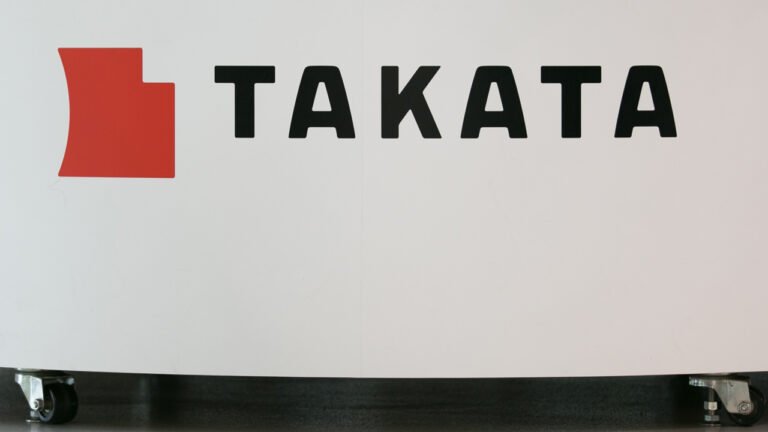
Taxpayers in select states can now prepare and file their federal income taxes online directly with the IRS for free.
Beginning Monday, Direct File is available for eligible new users to start filing their returns 24 hours a day, seven days a week.
Once final testing concludes, the IRS said it will open Direct File to all eligible users in the 12 pilot states on March 12.
The pilot program is available to users in 12 states, including Arizona, California, Florida, Massachusetts, New Hampshire, New York, Nevada, South Dakota, Tennessee, Texas, Washington and Wyoming. Alaska was originally included on that list but is no longer part of the pilot.
IRS LOOKS TO HIRE 3,700 NEW AGENTS TO CRACK DOWN ON WEALTHY TAX CHEATS
The IRS previously said that it expects several hundred thousand taxpayers across the country to participate in the program.
Americans collectively spend about $11 billion each year outsourcing their tax preparation services.
YELLEN DOESN’T DENY THAT 90% OF NEW IRS AUDITS WOULD AFFECT THOSE MAKING UNDER $400K
Eligibility will be limited to “taxpayers with relatively simple returns.”
The program covers specific income types, including wages on Form W-2, Social Security, unemployment benefits and interest of $1,500 or less, as well as tax credits, like the Earned Income Tax Credit and the Child Tax Credit.
The program also includes filers claiming the standard deduction, student loan interest deduction and tax break for educator expenses.
Self-employed individuals or contract workers filing Form Schedule C will not qualify for the program.
“We have more work in front of us on this project,” IRS Commissioner Danny Werfel previously said. “The Direct File pilot is undergoing continuous testing with taxpayers to identify and resolve issues to ensure it is user-friendly and easy to understand.”
GET FOX BUSINESS ON THE GO BY CLICKING HERE
Funding for the IRS program stems from the Inflation Reduction Act, signed into law by President Biden in 2022. The law directed $80 billion to the IRS in order to modernize technology, improve customer service, deliver real-time alerts, enhance customer service and crack down on the so-called tax gap by enhancing enforcement of the wealthy.




